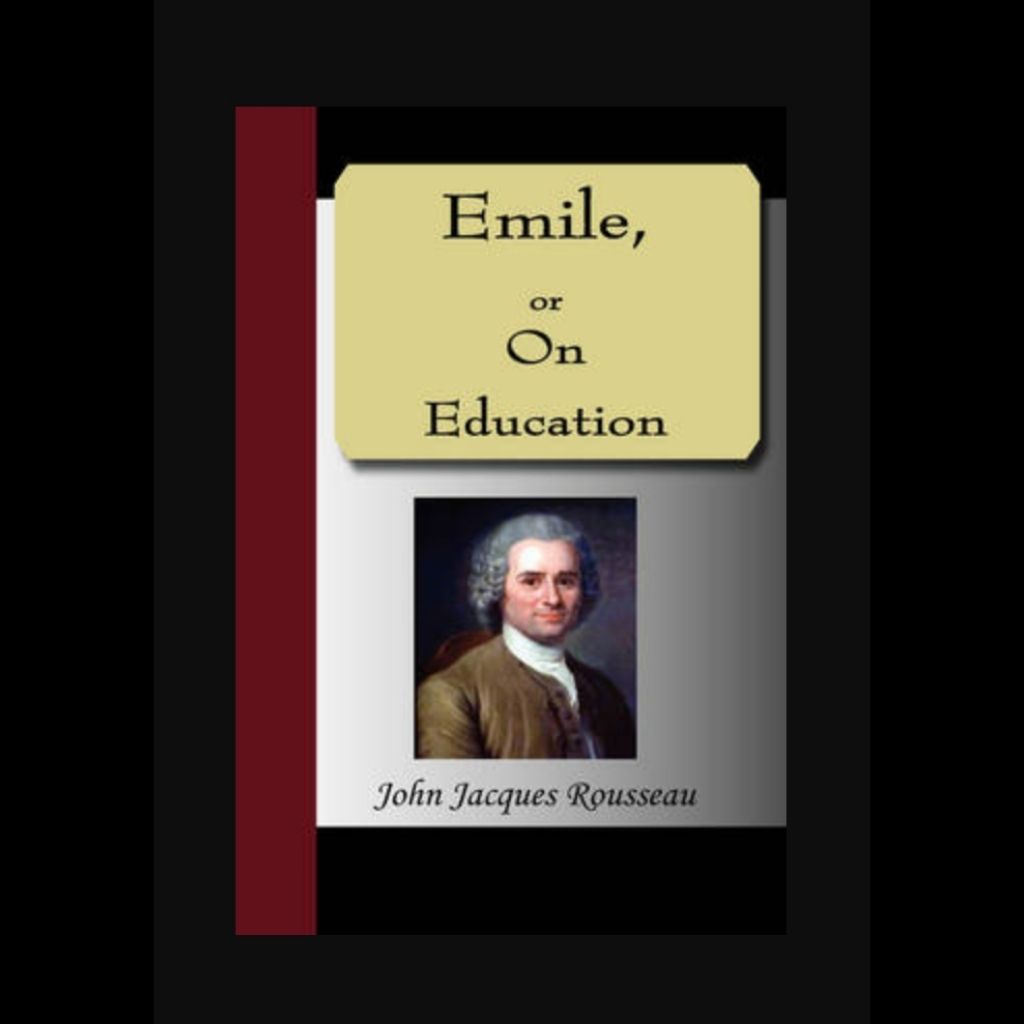Rousseau's Views On Education
Jun 13, 2019 • 66 views
Author's Preface to Emile

Jean-Jacques Rousseau has extensively discussed the prevailing system of education emphasized why it is inappropriate and boldly suggested an alternate. In "Emile, on Education", he talks about Emile, a male child and how the education system affects him and what needs to be done. The first section of essays deals with the child’s development until about the age of twelve when he is still living very much like an animal and needs to have his natural tendency toward understanding brought forth.
Rousseau believes that the existing system of education is dormant and it doesn't suit our needs as a society of humans with the possibility to think freely and in multiple directions. He emphasizes that the man's mind is not designed to work in a fixed direction and an education that doesn't explore all the possibilities and capabilities of the human mind is useless. He believes in practical rather than theory based study.
He advocates for an education system that promotes free thinking, discussions and newer possibilities. Talking of Emile, he specifies that different cultures and geographical spaces have different kind of men with different abilities. A universal and rigid system can't be updated for the whole world. He wanted that people should not limit his/her thinking to a particular thing.
It is important to take into consideration the various socio-cultural differences and prepare systems accordingly. Education will yield the best results only when it is made to suit the needs of concerned men.
Rousseau also goes on to give examples of how cultures and educational requirements in Scotland and France will be inherently different and therefore, there is a need to introduce systems accordingly education has to be subjective and due importance must be given to the variations existing failing which, education itself will become pointless.
Rousseau suggested changes into the system of education were taken into consideration and adapted after the world war. he was among the first philosophers to advocate for such crucial changes and actually impact the system. He also addresses the development of a young person from the ages of twelve to fifteen, which is a time when reason begins to take hold and the child, especially with a proper apprenticeship, begins to take his first steps toward manhood.
His suggested changes were indeed needed and pragmatic as education in these times was becoming increasingly rigid and exclusive by the sheer structure of its society. His suggestions were forward-looking and inclusive, as he emphasized on the need of providing a level playing field to different cultures and groups. Classes and gender distinctions, however, remained untouched domains.
